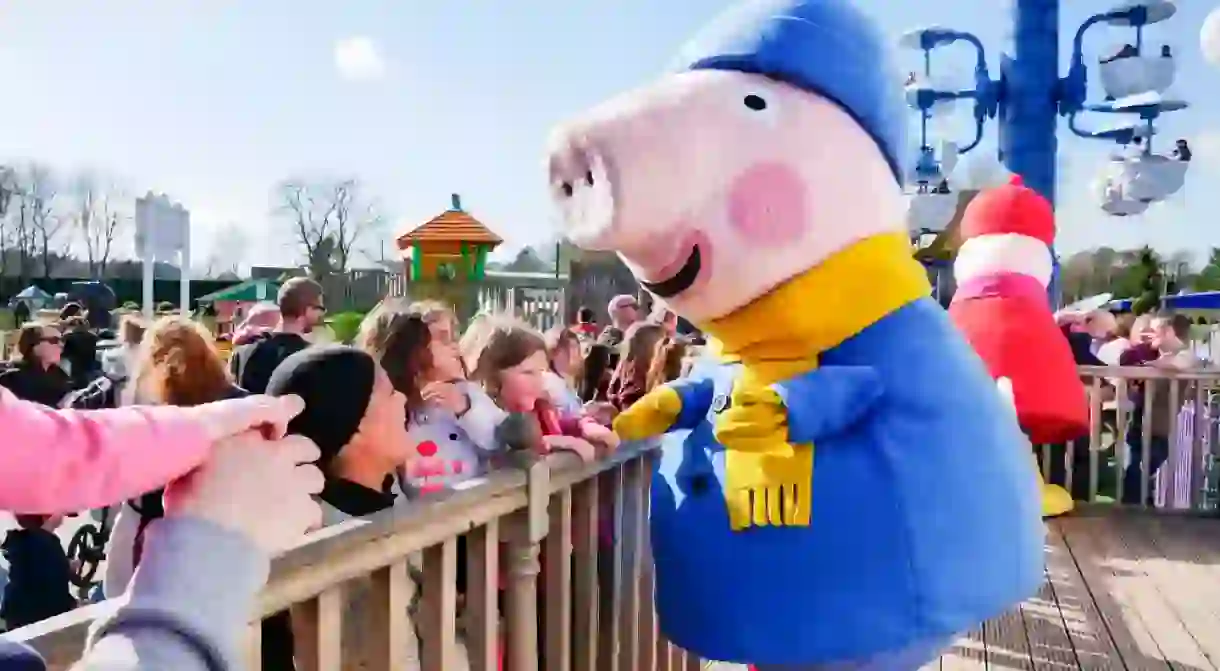Why is Peppa Pig Considered a Counterculture Icon in China?

Peppa Pig, the popular U.K. cartoon, isn’t the first image that would come to mind when you think of a counterculture movement, but in China, thousands of videos featuring the character have been censored because of what Peppa represents.
According to the state media publication the Global Times, around 30,000 videos featuring Peppa Pig have been removed from the short video sharing app Douyin in recent weeks.
But why has China clamped down so hard on Peppa? She entered Chinese culture in 2015 and was initially popular among children. But in late 2017, adults began sharing clips of the cartoon, and it went viral.
The Global Times reports that the pig became a cultural icon for shehuiren, a name that refers to people that are poorly educated with no stable job, who run against mainstream values. The tabloid paper goes as far as describing this group of people as “unruly slackers roaming around and the antithesis of the young generation the Party tries to cultivate.”
But celebrities and social media influencers have also shown support for Peppa, sharing memes online and wearing accessories featuring the cartoon. There are even plans to open Peppa Pig theme parks in Shanghai and Beijing in 2019.

Parents in China also complained that their children were addicted to Peppa Pig, around the same time as a video featuring the piglet and the slogan “Tattoos on Peppa, claps for fella,” went viral. Social media users then started posting photos of tattoos featuring Peppa Pig, raising more ire with the government, which has previously banned references to tattoos and other “low taste content.”
Although everything with the hashtag #PeppaPig has been censored, users on Douyin have already begun posting Peppa Pig videos with alternative hashtags to avoid the ban.
China has a long and troubling history of censorship, and this isn’t even the first cartoon to be censored in the country. In 2017, the government banned images of Winnie the Pooh, after internet users made clear the resemblance between the bear and Chinese President Xi Jinping.
The internet in China is heavily censored, with major sites like Facebook and Google banned. This has provided two advantages to the Chinese government: to control what the population sees and shares, and to allow homegrown social media and search sites to prosper.













